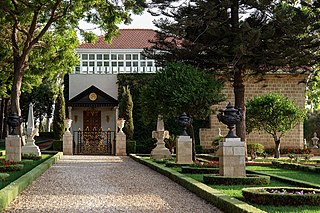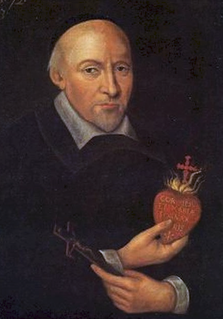A Quote by Baha'u'llah
The true seeker hunts naught but the object of his quest, and the lover has no desire save union with his Beloved.
Related Quotes
The curt truth is that, in a deep secret way, the state of being beloved is intolerable to many. The beloved fears and hates the lover, and with the best of reasons. For the lover is forever trying to strip bare his beloved. The lover craves any possible relation with the beloved, even if this experience can cause him only pain.
When longing is most intense separation is complete, and the purpose of separation, which was that Love might experience itself as Lover and Beloved, is fulfilled; and union follows. And when union is attained, the lover knows that he himself was all along the Beloved whom he loved and desired union with; and that all the impossible situations that he overcame were obstacles which he himself had placed in the path to himself. To attain union is so impossibly difficult because it is impossible to become what you already are! Union is nothing other than knowledge of oneself as the Only One.
Pleasure and pain at once register upon the lover, inasmuch as the desirability of the love object derives, in part, from its lack. To whom is it lacking? To the lover. If we follow the trajectory of eros we consistently find it tracing out this same route: it moves out from the lover toward the beloved, then ricochets back to the lover himself and the hole in him, unnoticed before. Who is the subject of most love poems? Not the beloved. It is that hole.
There are three kinds of love;
unselfish, mutual, and selfish.
The unselfish love is of the highest kind;
The lover only minds the welfare of the beloved and does not care for his own sufferings.
In mutual love the lover not only wants the happiness of his beloved;
but has an eye towards his own happiness also. It is middling.
The selfish love is the lowest. It only looks towards its own happiness,
no matter whether the beloved suffers weal or woe.
My paramount object in this struggle is to save the Union, and is not either to save or to destroy slavery. If I could save the Union without freeing any slave I would do it, and if I could save it by freeing all the slaves I would do it; and if I could save it by freeing some and leaving others alone I would also do that. What I do about slavery, and the colored race, I do because I believe it helps to save the Union; and what I forbear, I forbear because I do not believe it would help to save the Union.
If we have dwelled on Godel's work at some length, is it because we see it in the mathematical analogy of what we would call the the ultimate paradox of man's existence. Man is ultimately subject and object of his quest. While the question whether the mind can be considered to be anything like a formalized system, as defined in the preceding paragraph, is probably unanswerable, his quest for an understanding of the meaning of his existence is an attempt at formalization.
Sir Oswald Mosley thought his job is not just keep Britain from going to war with his beloved Germany, he saw it as his job to organize a complementary fascist movement inside the U.K. So, he formed this organization as the British Union of Fascists in `32. In 1936, they changed their name to the British Union of Fascists and National Socialists
See with what entire freedom the whaleman takes his handful of lamps-often but old bottles and vials, though. ... He burns, too, the purest of oil. ... It is sweet as early grass butter in April. He goes and hunts for his oil, so as to be sure of its freshness and genuineness, even as the traveler on the prairie hunts up his own supper of game.




































